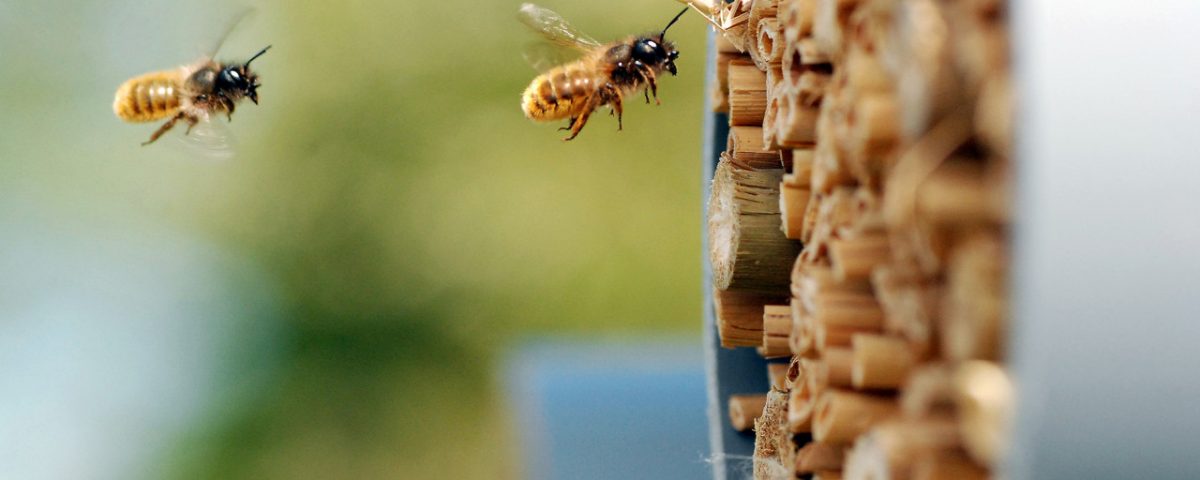Doing business

This latest technology has become almost the hottest and most useful in the XXI century and continues to gain momentum, benefit and constantly evolve.
A research team from Oregon State University’s College of Engineering has applied artificial intelligence to a question important to the entire planet. Corey Simon, assistant professor of chemical engineering, and Xiaoli Fern, assistant professor of computer science, along with graduate students Ping Yang and Adrian Henle, created an innovative project. The research involved developing a machine learning model that can guess whether any of the types of pesticides proposed by artificial intelligence would be toxic to honeybees based on the molecular structure of the compound.
It is pesticides, which are widely used in agriculture, that are one of the main causes of disease and the gradual extinction of bees. The fact is that weeds, insects and other “target customers” of these dangerous substances are gradually becoming more resistant to the poison. As a result, new types of more effective pesticides are produced each year that actually kill bees.
Without these insects, almost the entire food chain will be destroyed. The lack of pollination will lead to the disappearance of most plants, followed by animals, and then by humans, i.e. the classic “domino effect”. This process will not be quick, but every day it will be more and more difficult to put everything back in order. Additionally, the global economy in just the first year without bees will lose more than a hundred billion dollars.
To solve the problem, the researchers conducted experiments and used test data on the effects of pesticides on honeybees. Through artificial intelligence work, they were able to test 400 different pesticide molecules to create an algorithm capable of predicting the potential dangers of a new pesticide molecule.
The results of the study allow for the accurate identification of substances harmful to honeybees and preserve the natural balance, without abandoning the use of pesticides necessary for the agro-industrial sector.
It is worth saying that this is only the first step towards fully ecological agriculture, because this technology is not yet used “in the fields”. However, humanity every day is getting closer to the ideal balance between economic efficiency and preservation of the planet.
Business and investor news, author content and digital products from DIA are available on Telegram, Facebook and the Agency’s official website.